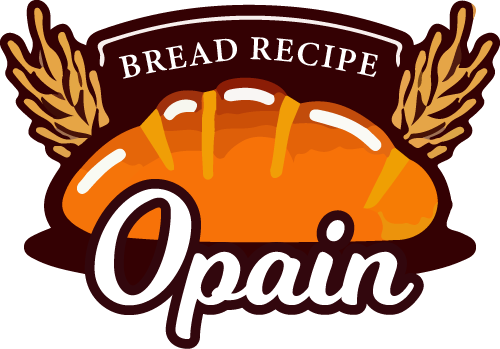There’s something truly comforting about the aroma of freshly baked bread wafting through your kitchen. Imagine the wholesome goodness of nine different whole grains coming together to create a bread that’s not only rich in flavor but also packed with nutritional benefits. This simple 9-grain bread recipe is a testament to the harmonious blend of wheat, barley, rye, oats, amaranth, quinoa, millet, sorghum, and teff. With its easy-to-follow steps and delectable results, this recipe will have you savoring each nutty bite.
The Magic of Whole Grains
Whole grains have gained immense popularity for their impressive health benefits. From aiding digestion to regulating blood sugar levels, these grains are a staple in a balanced diet. The nine whole grains in this recipe provide a symphony of flavors and textures, creating a unique and delightful bread experience.
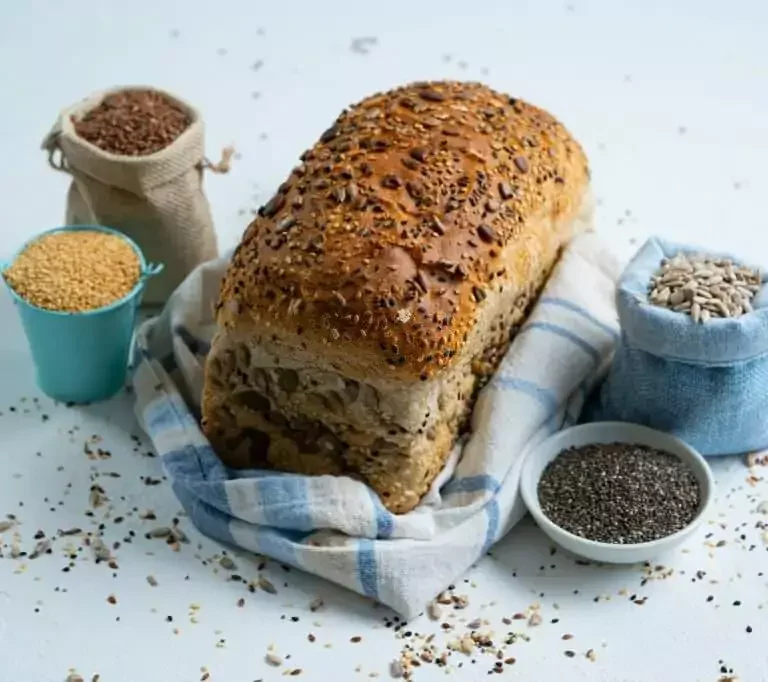
Delightful and Nutrient-Rich: A Simple 9-Grain Bread Recipe
Description
Explore the fresh and nutritious taste of 9-grain bread. Discover how it's made and the health benefits of this diverse and delicious bread variety.
Ingredients
Ingredients You'll Need
Instructions
The Baking Process
-
Preparation:
Begin by weighing or gently spooning the whole grain flour into a measuring cup, removing any excess. This helps you achieve accurate measurements. In a mixing bowl, combine the flour blend, salt, sugar or molasses, and instant yeast.
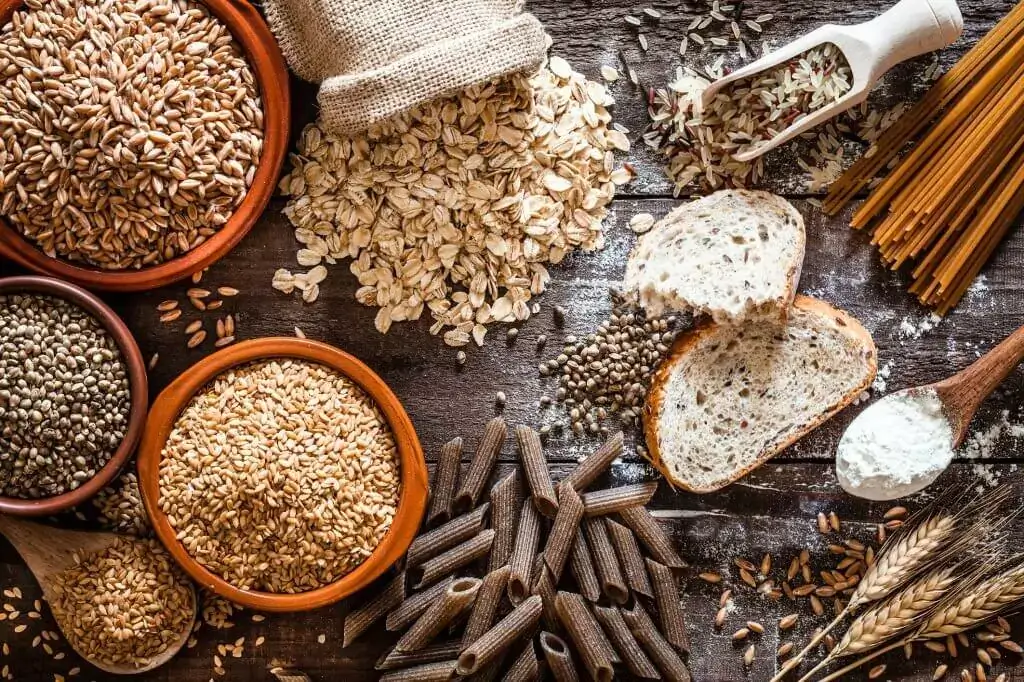
-
Kneading:
Whether you choose to knead by hand, use a mixer, or rely on a bread machine set to the dough cycle, the goal is to create a smooth, satiny dough. Initially, the dough might appear dry, but as you knead, it should transform into a soft, smooth, and slightly sticky consistency. Adjust the dough's texture with additional flour or water as needed.
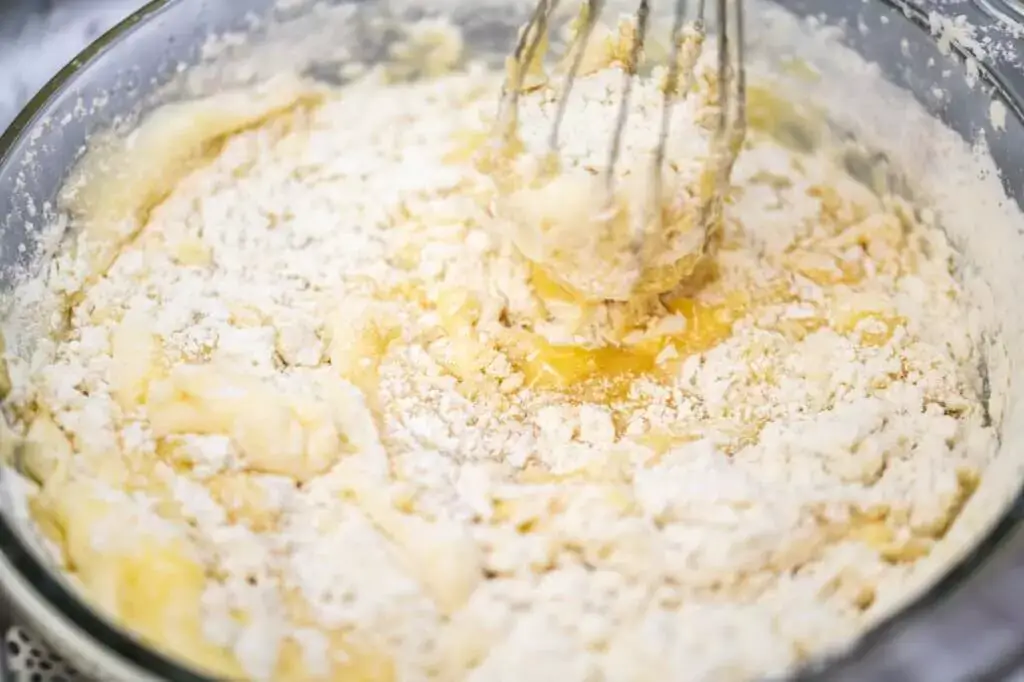
-
First Rise:
Cover the dough and let it rise for about an hour. During this time, the dough will become somewhat puffy, although it might not necessarily double in size.
-
Shaping and Second Rise:
Shape the dough into a 9" log and place it in a lightly greased 9" x 5" loaf pan. Allow the bread to rise for another hour or until it's about 1" above the rim of the pan. As the bread rises, preheat your oven to 350°F (175°C).
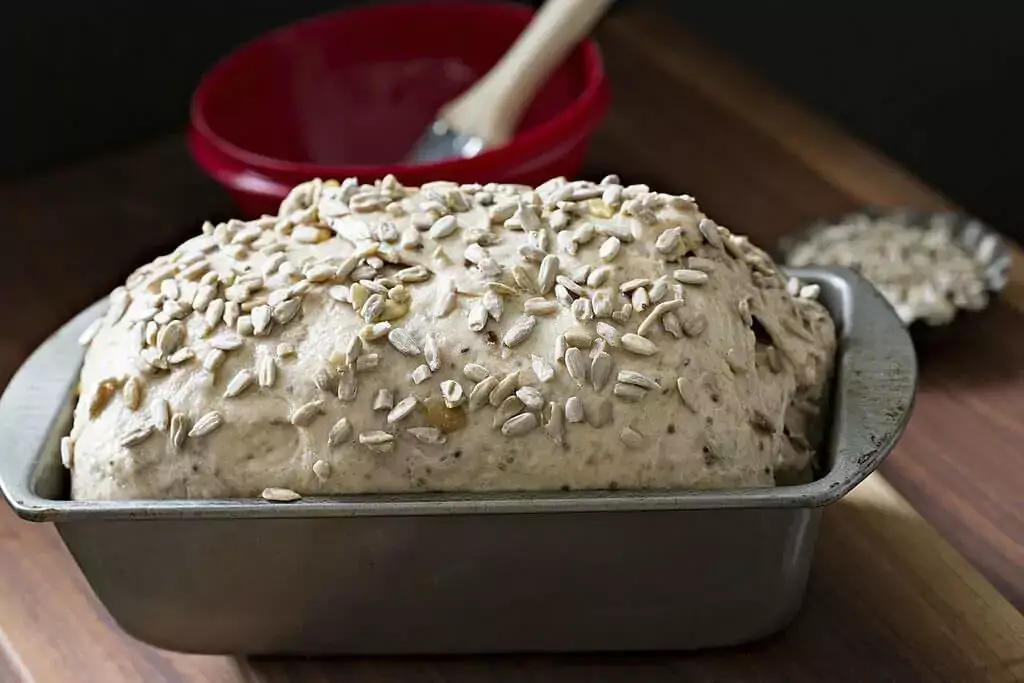
-
Baking:
Slide the pan into the preheated oven and let the magic unfold. Bake the bread for 35 to 45 minutes or until the internal temperature reaches 190°F (88°C) when measured with an instant-read thermometer. If the bread begins to brown too quickly, you can tent it lightly with foil after the initial 20 minutes of baking.
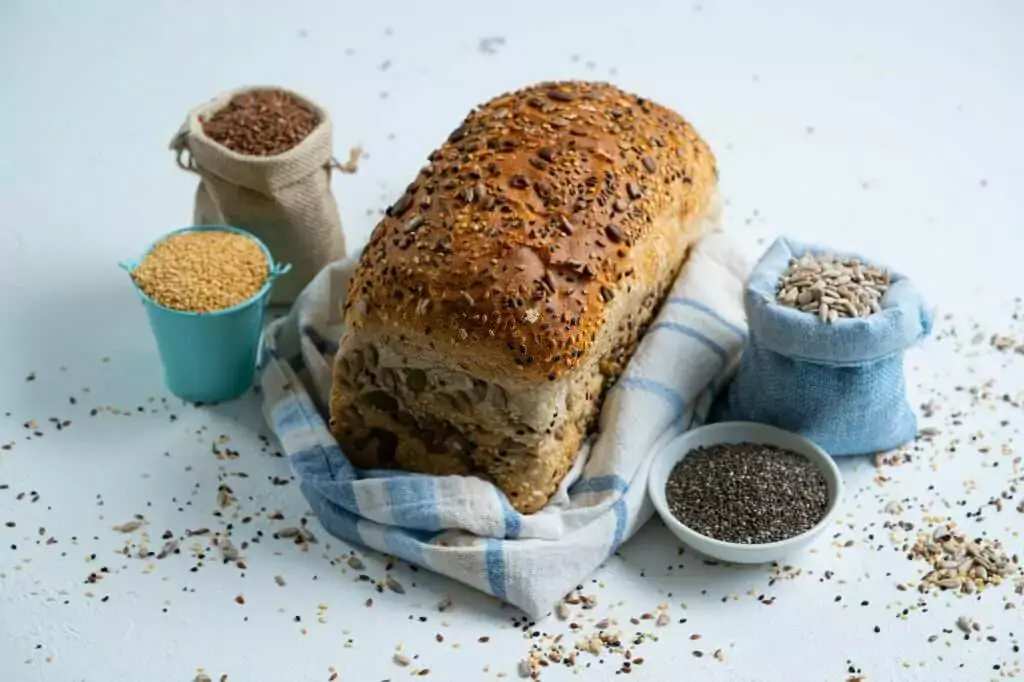
-
Cooling and Enjoying:
Once the bread is perfectly baked, take it out of the oven and gently turn it out of the pan onto a cooling rack. The aroma will be irresistible, but try to let it cool slightly before slicing. Then, savor the goodness of your homemade 9-grain bread.
Serving Size 1
Servings 16
- Amount Per Serving
- Calories 120kcal
- % Daily Value *
- Total Fat 2g4%
- Saturated Fat 1g5%
- Cholesterol 5mg2%
- Sodium 180mg8%
- Total Carbohydrate 21g8%
- Dietary Fiber 3g12%
- Sugars 2g
- Protein 4g8%
* Percent Daily Values are based on a 2,000 calorie diet. Your daily value may be higher or lower depending on your calorie needs.
Note
Variations and Tips
- Rolls: For a delightful twist, divide the dough into 16 pieces and shape them into smooth balls. Place these rolls in lightly greased round cake pans, let them rise, and bake in a preheated 400°F (200°C) oven for 15 to 18 minutes. A brush of butter after baking will give the rolls a soft crust.
- Bread Baking Bowl: If you have a bread baking bowl, you can shape the dough into a round (boule) after its first rise. Let it rise again until it fills the bowl, and then bake and finish according to the recipe instructions.
- Measuring Ingredients: Accurate measurements are key to successful baking. Use a kitchen scale to weigh your ingredients, especially the flour, for precise results. If you don't have a scale, use the spoon-and-level method for flour to avoid packing it down.
- Mixing Grains: Feel free to experiment with the ratios of the nine whole grains to suit your taste. You can increase or decrease the amounts of certain grains to create a unique flavor profile and texture.
- Adjusting Consistency: The dough's consistency can vary depending on factors such as humidity and the specific flour blend used. If the dough is too sticky, gradually add a bit more flour during kneading. If it's too dry, add small amounts of water until it reaches the desired texture.
- Proper Kneading: Kneading is essential for developing the gluten in the dough, which contributes to its structure and texture. Knead the dough until it's smooth and elastic. You can perform the "windowpane test" by stretching a small piece of dough between your fingers; if it forms a thin, translucent membrane without tearing, it's properly kneaded.
The joy of baking your own bread lies not only in the delicious results but also in the process itself. With this simple 9-grain bread recipe, you're embarking on a journey that combines the goodness of nine whole grains with the art of baking. From the initial mixing to the final slice, each step brings you closer to a loaf that's as nutritious as it is delectable. So, gather your ingredients, roll up your sleeves, and immerse yourself in the world of baking with this delightful recipe. Your senses and your taste buds will thank you.
